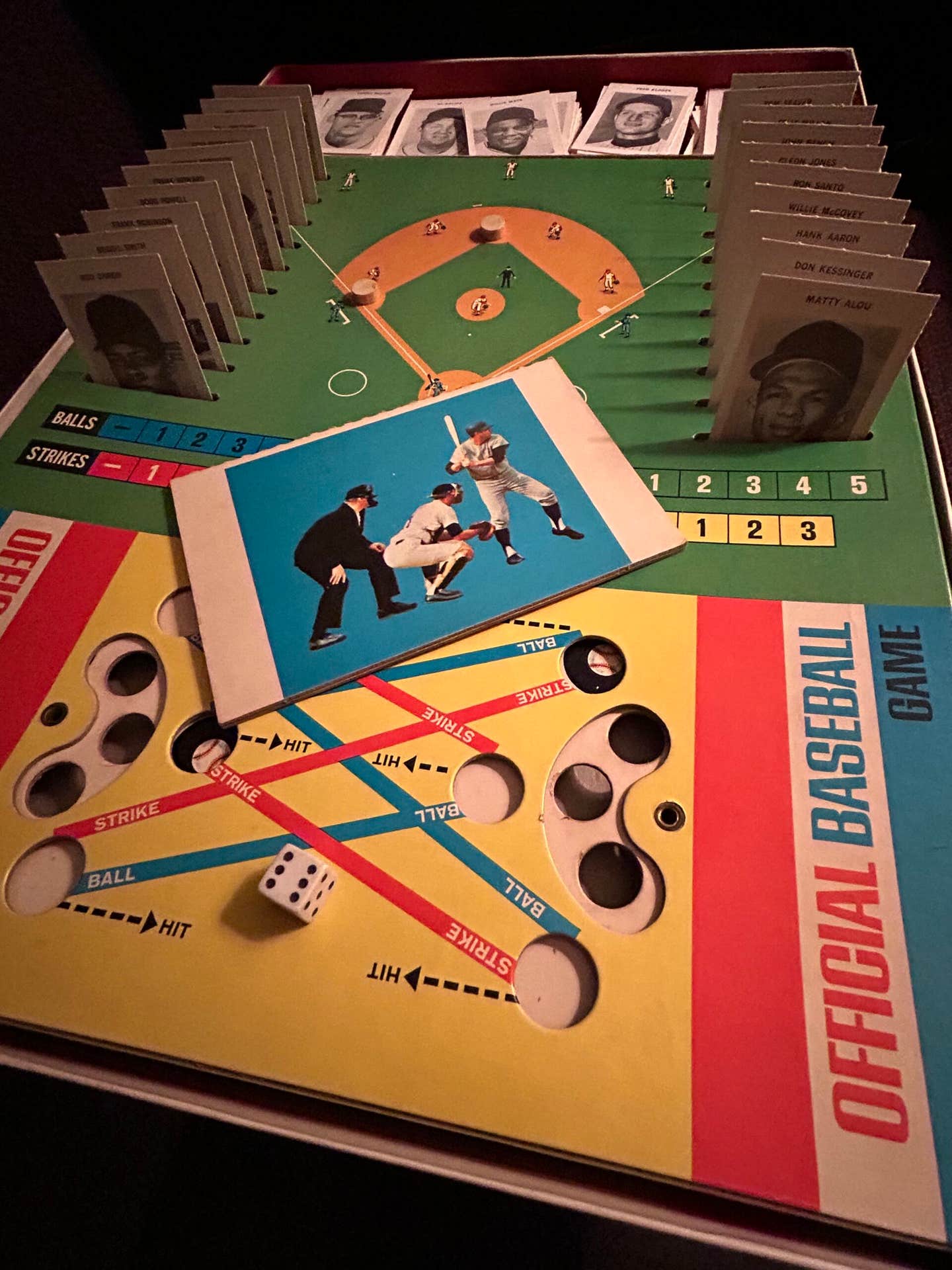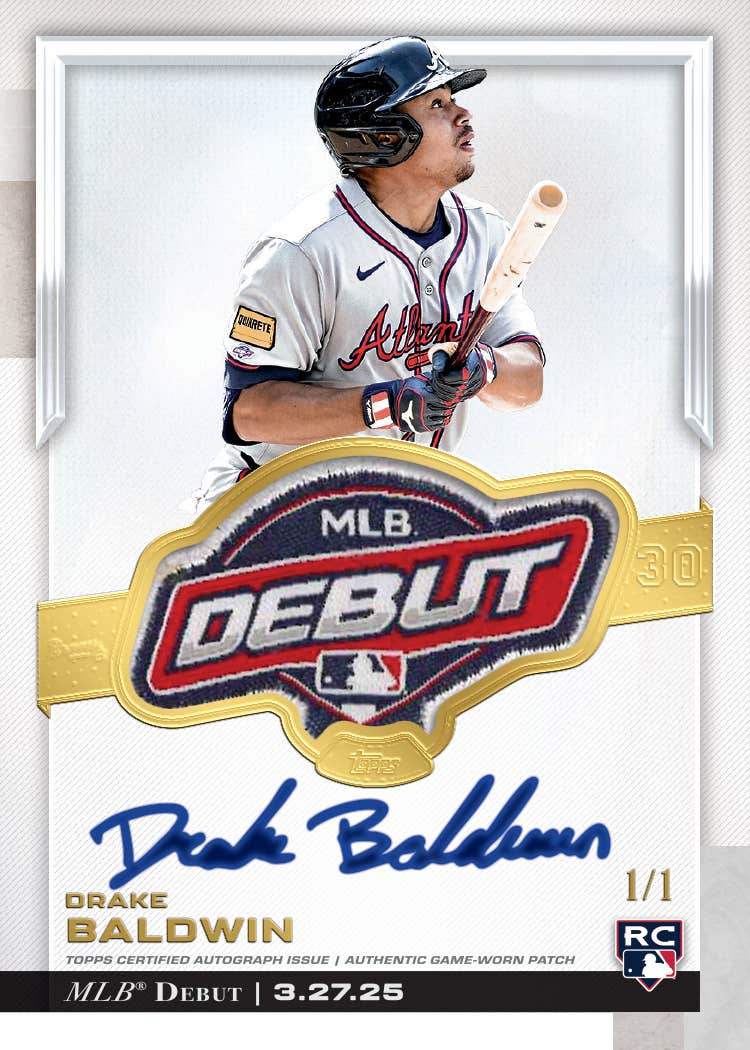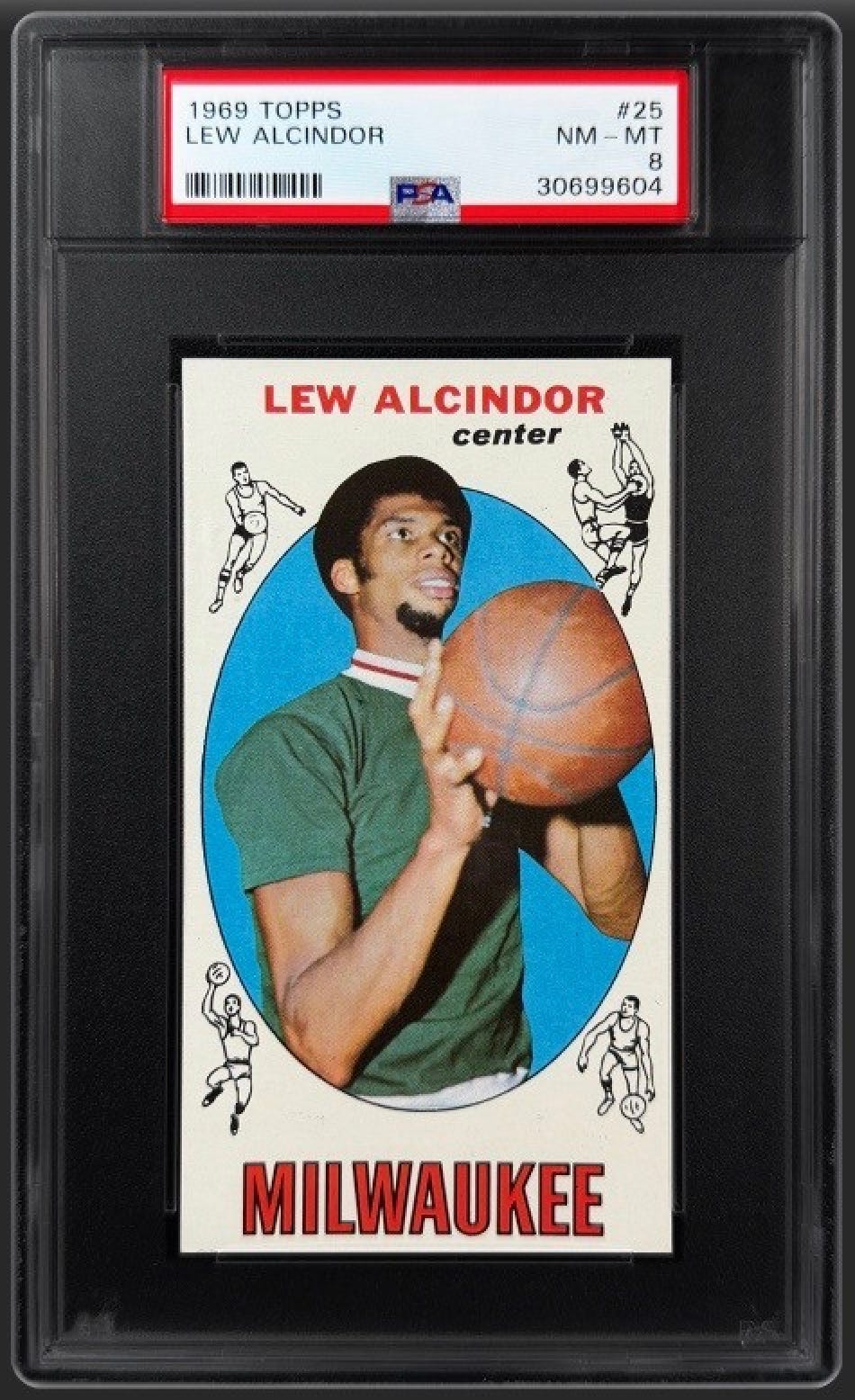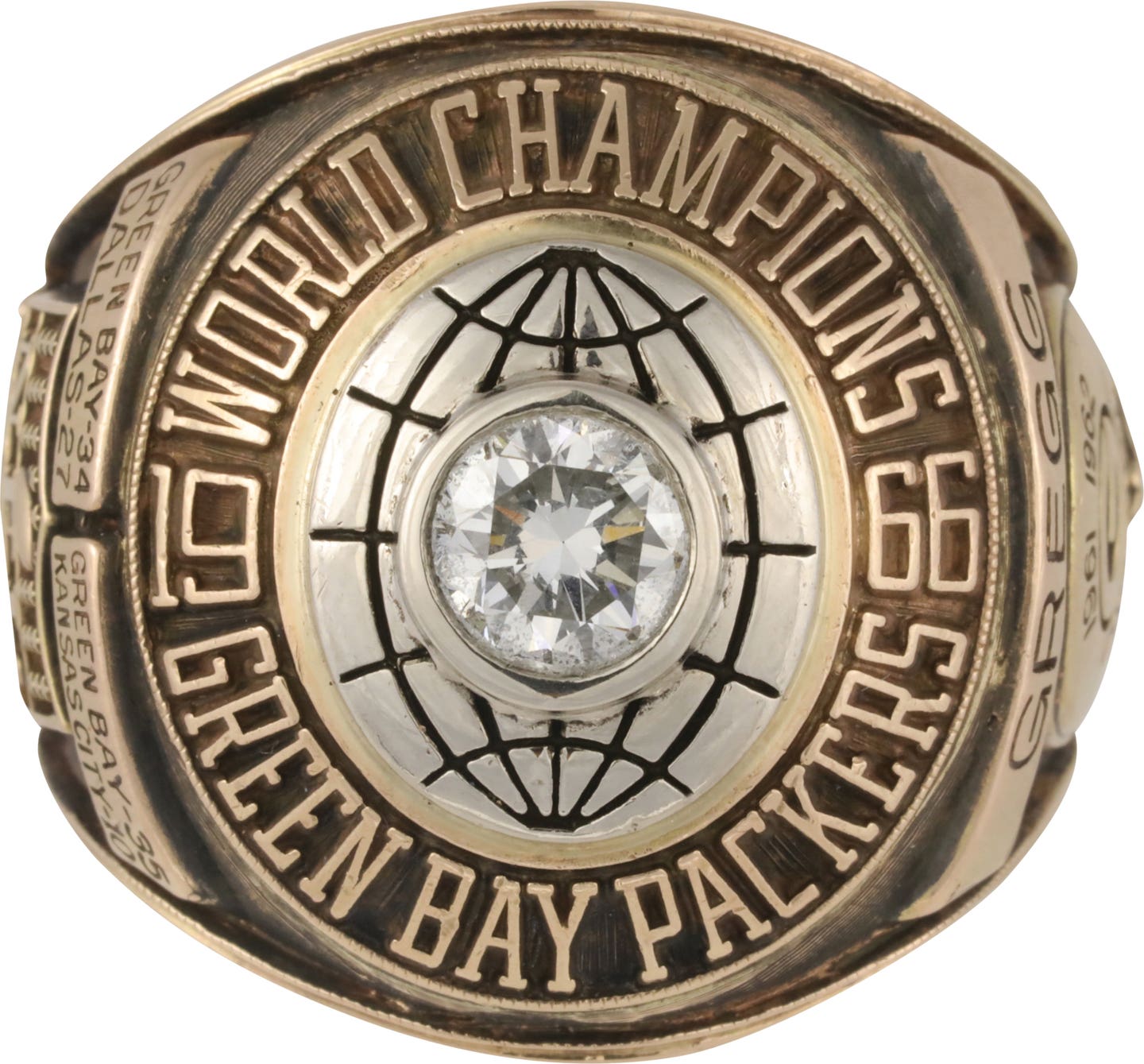News
Say it ain’t so: when athletes fall from grace …
The temptation would be to trace it all back to Joe Jackson and the melodramatic moment on the courthouse steps in 1920 and the cheesy tale of a youngster pleading, “Say it ain’t so, Joe, say it ain’t so.” The big-time athlete is disgraced and humbled, and in Jackson’s case at least, saddled with an unrelenting banishment that survives eons past his own mortal demise.
Jackson obviously wasn’t the first to suffer such ignominy – Jim Thorpe had been stripped of his Olympic medals years earlier – but Jackson was perhaps the most famous. Another legendary player from the period, Hal Chase, was banned from baseball by Commissioner Landis at the same time, though the charges against him were not directly related to the fixing of the 1919 World Series, though he was linked to it unofficially because of his gambling connections.
Comparing the fates of Chase, Thorpe and Jackson nearly 100 years later shows vastly different outcomes, and gives pause to wonder what the historical record will say about another fellow traveler, Pete Rose, many years from today.
The degenerate gambler Chase is widely felt to have defiled his almost cosmic fielding skills by intentionally botching plays to affect outcomes as dictated by his betting. His fate, nicely summed up in the quotation below, was the most tragic of all.
In Chase’s own words: “You note that I am not in the Hall of Fame. Some of the old-timers said I was one of the greatest fielding first baseman of all time. When I die, movie magnates will make no picture like 'Pride of the Yankees,' which honored that great player, Lou Gehrig. I guess that’s the answer, isn’t it? Gehrig had a good name; one of the best a man could have. I am an outcast, and I haven’t a good name. I’m the loser, just like all gamblers are. I lived to make great plays. What did I gain? Nothing. Everything was lost because I raised hell after hours. I was a wise guy, a know-it-all, I guess.”
Thorpe, stripped of his 1912 Olympic medals in 1913 following revelations in the press that he had, gasp, made a couple of bucks playing semipro baseball. The public didn’t care all that much, but the guardians of the “amateur” ideal prevailed at the time.
It was to the Amateur Athletic Union (AAU) that Thorpe sent a letter pleading his case: “I hope I will be partly excused by the fact that I was simply an Indian schoolboy and did not know all about such things. In fact, I did not know that I was doing wrong, because I was doing what I knew several other college men had done, except that they did not use their own names.”
That reasonable entreaty fell on deaf ears, and the AAU stripped him of his amateur status, later leading to the International Olympic Committee’s decision to yank the medals. By 1950, though, the Associated Press named him “The Greatest American Football Player of the First Half of the Century,” and in October of 1982 the Olympic medals were reinstated. Perhaps of limited utility for the man himself, who died penniless in 1953, but certainly the historical record as been handsomely revised.
Jackson, though his “Permanently Ineligible” status persists a half-century past his own demise, is largely vindicated in the public’s eyes. He is as revered in our hobby as any Hall of Famer, and his cards and memorabilia are treasured to the point of being beyond the reach of any but the most affluent collectors.
Pete, who used to routinely disavow any linkage with Jackson back in the heady days when Rose was still denying he bet on baseball, would do well if the public would ultimately hold him in the same regard it has now for “Shoeless Joe.”
All different sins, I know (I’m not even convinced Thorpe’s offense rises to that level of ecclesiastical effluvium), but vastly different outcomes as well.
On a fairness scale, I would rate it two right on the mark, one clearly unjust and one on the bubble. Hopefully, the fun is in deciphering which is which.








